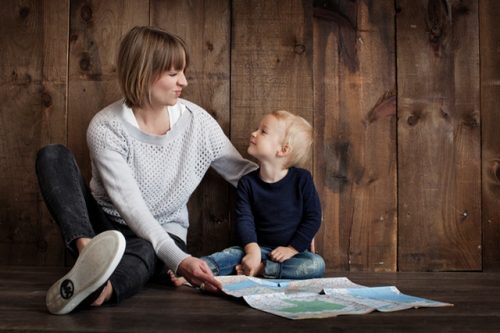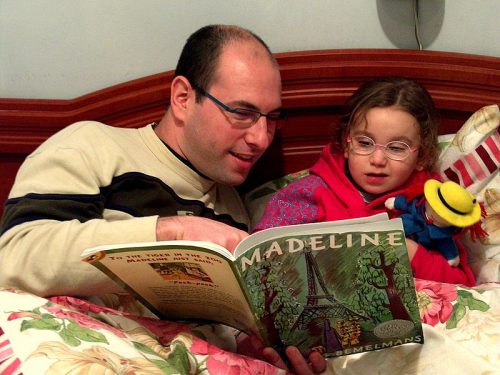When Routines Are More Than Life’s Humdrum
Are you a freewheeling parent or a stick-to-schedule one? Experts believe being the figure of authority that encourages sticking to schedule in your child’s life is going to benefit him more in the future. Find out the reasons why.

Source: pixabay.com
Your child’s first day ever to school is a big leap for both you and him. For him, it’s his introduction to a bigger world outside your home and his first step to learning. For you, it’s the first time you’ll have to let go of your not-so-little bundle of joy and watch on the sidelines as he starts navigating life outside the four safe corners of your house.
And while you let him do it with a smile on your face, at the back of your mind are the heavyweights of worries running around like vultures picking your brains out. Can he do it? Is he really ready for school? Or do I have to hover over him so he won’t trip and fall?
If you’re the parent who loves routines and encourages the same in her children, then your kid is going to be okay.
Children who can control their immediate reactions to things have an additional moment to think about another person’s feelings. They’re also less likely to say things they regret. — John Smith Ph.D.
Home Routines’ Importance On Your Kid’s School Readiness

Source: pexels.com
A team of researchers from New York’s Albert Einstein College of Medicine says that the daily routines you do in your home build your child’s social and emotional readiness for school.
Being socially and emotionally ready means your kid can
- handle being away from both parents for the greater part of the day as well as the challenges that come with it,
- interact with the other kids better even when the environment’s new to him, and,
- also be crucial contributory factors to his future, school-wise, and life-wise.
They went on to say that kids with low levels of readiness are at risk of encountering troubles when schooling for the first time. The team determines these difficulties within the reason and problem-solving areas. Furthermore, they might also have shorter attention spans and can be less socially accepting of other the other children – problems that can, later on, translate to more significant issues on educational achievement, health, and overall wellness as they grow up.
A child’s genetic makeup may lean toward moody or consistently mellow, shy or outgoing, risk-taking or cautious, optimistic or pessimistic. This being the case, still don’t overlook how you can help your child to stretch and grow and gain EQ. — Jeffrey Bernstein Ph.D.
Home Routines: How-Tos
The study isn’t the first when it comes to tackling the importance of home routines to kids’ readiness for the world outside their homes. Experts have long touted the benefits of established daily home practices for toddlers and younger kids.
As what one certified parent coach elaborated a few years back, routines help kids in three considerable ways:
- Daily routines allow the kids to know what to expect
- They provide them a sense of life security by on to them that life is predictable (somewhat)
- Having a sense of security that comes with your daily home practices is calming to kids
“Family routines don’t need to be complicated. In fact, they’re very simple activities that bond you with your kids,” she said.

Source: commons.wikimedia.org
Some of the most common routines families do involve these five areas:
- Eating together at the dinner table
- Singing songs
- Reading books
- Storytelling
- Play
Kids who take part in these five areas are two times more likely to have high levels of social and emotional readiness.
“Spend time with your kids. Establish meal times that allow you to eat together in one table. Get on with your bedtime routines complete with storytelling before snoozing. These might be simple-sounding, but the benefits you reap from them are great,” she urged.
As a society, we need to implement emotion coaching into our parenting in order to teach children how to regulate their emotions as well as how to empathize and respond appropriately to the emotions of others. — Kathy Hardie-Williams, MEd, MS, NCC, LPC, LMFT
